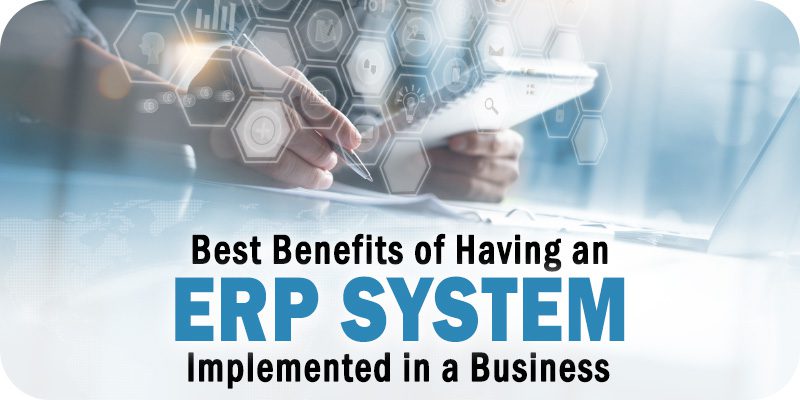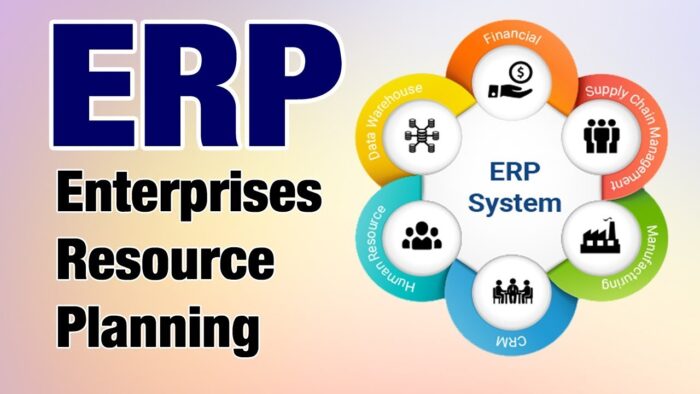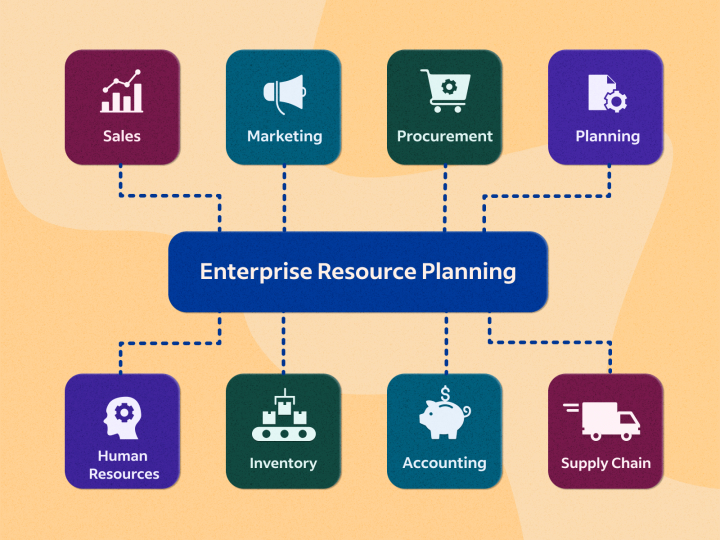
Enterprise Resource Planning (ERP) Service Providers are a type of software solutions that provide organizations with the ability to manage their business processes and operations more effectively. ERP systems are designed to help companies leverage their data, operations and resources in order to achieve greater efficiency and profitability. With an ERP Service Provider, businesses can streamline processes, automate tasks and access powerful analytics tools for better decision-making. In this article, we will discuss the definition of an ERP Service Provider as well as the benefits and challenges associated with using one.
Definition of ERP Service Provider

An ERP Service Provider is a vendor or third-party organization that specializes in providing customized software solutions for enterprise resource planning (ERP). These providers offer comprehensive services such as installation, maintenance, support and training on various platforms such as SAP, Oracle or Microsoft Dynamics. The goal of these vendors is to ensure that businesses successfully implement their chosen solution through experienced professionals who understand their specific needs.
Overview of Benefits & Challenges
The primary benefit associated with using an ERP Service Provider is increased efficiency in managing enterprise resource planning processes. By leveraging powerful analytics tools, businesses can quickly identify areas where they can improve performance by streamlining tasks or autom
Types of ERP Service Providers

In today’s world, businesses of all sizes are facing ever-growing competition in the market. To stay competitive, companies need to find efficient ways to manage their operations and maximize their profits. An Enterprise Resource Planning (ERP) system is a great example of an IT solution that can help businesses achieve this goal. ERP systems are comprehensive business management solutions that integrate different aspects of a business – from inventory management to customer service – into a single platform. But what type of ERP service provider should you choose?
There are three main types of ERP service providers: on-premise, cloud-based, and managed services providers (MSPs). Each type has its own advantages and disadvantages; it is important to understand the differences between them before making a decision.
On-Premise ERP Services
On-premise solutions involve installing an ERP system on the company’s own servers or computers. This option gives organizations complete control over their data and allows for customization of the solution according to specific needs. However, it also requires significant upfront costs in terms of hardware, software licenses, maintenance fees etc., as well as ongoing IT support costs for keeping the system running smoothly.
Selecting the Right ERP Service Provider for Your Business Needs

When it comes to running a successful business, choosing the right Enterprise Resource Planning (ERP) service provider is an essential component. An ERP system helps to streamline processes, maximize efficiency and provide businesses with valuable insights into their operations. To ensure that you make the best choice for your business needs, there are several important steps to take when selecting an ERP service provider.
1. Identifying Your Business Goals and Objectives
The first step in selecting an ERP service provider is to identify your business goals and objectives. You must determine what you need from your ERP system in order for it to be successful. This includes understanding specific tasks that must be completed, data that needs tracking or reporting, customer support requirements and expected outcomes from implementing a new system. Having a clear set of objectives will help inform your selection process as you move forward in researching potential vendors.
2. Analyzing Your Existing Technology Infrastructure
Once you have identified your goals and objectives, it’s time to analyze your existing technology infrastructure in order to understand what type of system would best fit with existing systems or processes already in place at your company.
Conclusion

In conclusion, an ERP service provider can be a great asset to any business. They offer a comprehensive suite of services that help streamline and optimize the processes within the company. They provide cost savings, improved performance, increased productivity and flexibility for businesses to tailor their services to meet their exact needs. With the latest technology available, ERP service providers can help organizations access real-time data and insights into their operations in order to drive effective decision making.








